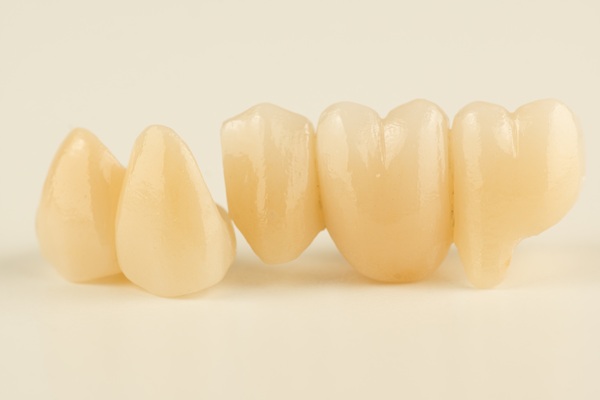How Long Is Recovery After a Wisdom Tooth Extraction?
Preparing for a ? The procedure often sparks fear in patients because it does involve pulling teeth. However, it is important to know that modern-day technology has allowed for the evolution of better techniques, which reduce pain and recovery time. Nonetheless, it is still important to be familiar with the recovery time and what it entails. Keep reading to learn more.
How long is the recovery period after wisdom tooth extraction?
Below is a quick overview of what recovery is like after wisdom tooth extraction, including how long it typically takes. When preparing for the procedure, it can be helpful to review the following information.
Average timeline
Most patients fully recover from a wisdom tooth extraction within two weeks. Immediately after the procedure itself, the patient's mouth will be swollen, sore, and bleeding. The patient will be drowsy and confused because wisdom tooth extraction is performed while the patient is sedated. Recovery begins as soon as the procedure is complete, with the patient needing gauze changes, ice packs, and pain medication. Additionally, food should be avoided to reduce the risk of opening the wound or causing pain.
After a few days, the patient will start to feel a little better, however, there will still be discomfort, swelling, and sensitivity. The entire mouth will be sore for at least a week, requiring pain management tools, a soft food diet, ice packs, and gentle oral hygiene. It is highly advised to avoid foods that could put stress on the oral cavity, which could re-open the wound and cause bleeding and pain. Additionally, oral hygiene is essential to maintain because there is a high risk of developing an infection due to the healing wounds. Within two weeks, the wounds should be healed; however, there may be some sensitivity from time to time.
Special circumstances
While two weeks is the average timeline for recovering from a wisdom tooth extraction, there are some exceptions, which may prolong recovery. The main exception is dry sockets, which occur when a blood vessel does not clot over the wound after the teeth have been removed. Dry sockets occur as a result of pressure put on the wound, which makes the nerves and bone vulnerable to infection. If the patient gets dry sockets, their recovery time is likely to be an additional week or two.
Other exceptions may include general infections of the wounds. After a wisdom tooth extraction, the wound sites are open, vulnerable, and extremely sensitive. This makes bacteria prone to attack, which can cause serious complications. Recovery can take a lot longer if an infection develops.
Find out more from a general dentist
Recovering from a wisdom tooth extraction can be a grueling process, however, with the right aftercare steps, patients can heal quickly and get back to normal. To learn more about recovery, it is best to consult directly with a general dentist. Specific recovery tips can be provided, which can be helpful to those who are feeling anxious. Additionally, any questions or concerns about wisdom tooth extraction can be properly addressed. Give us a call today.
Request an appointment here: https://landmarkdentalnashua.com or call Landmark Dental Care at (603) 882-7312 for an appointment in our Nashua office.
Check out what others are saying about our dental services on Yelp: .
Recent Posts
A wisdom tooth extraction is often necessary in order to eliminate accompanying symptoms. Many individuals experience the eruption of their wisdom teeth and never notice the signs. However, there are also a lot of cases in which the wisdom teeth present noticeable symptoms that can be used to identify eruption. Teenagers and young adults should…
Wondering if wisdom tooth extractions are in your near future? If you feel like your wisdom teeth are not growing in properly, then there is a good possibility that an experienced dentist will need to pull the tooth. Everyone is different, which means that some people have no problem at all when their wisdom teeth…
Various situations exist where a dentist would recommend tooth extractions. Specific symptoms present themselves to let you know it might be a possibility. A dentist will confirm that a tooth extraction is the way to go. If you know what to look for, you will be able to tell when you need to visit your…
When describing the exciting highlights of your day, a tooth extraction will probably not come close to the top of the list. Having a tooth extracted is never a pleasurable experience, but the procedure is essential because of its impact on your oral health and the appearance of your smile.If you have a tooth extraction…


